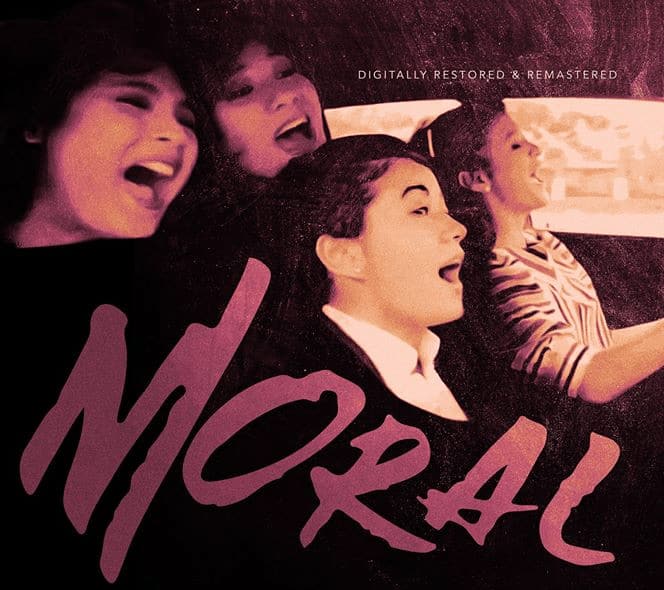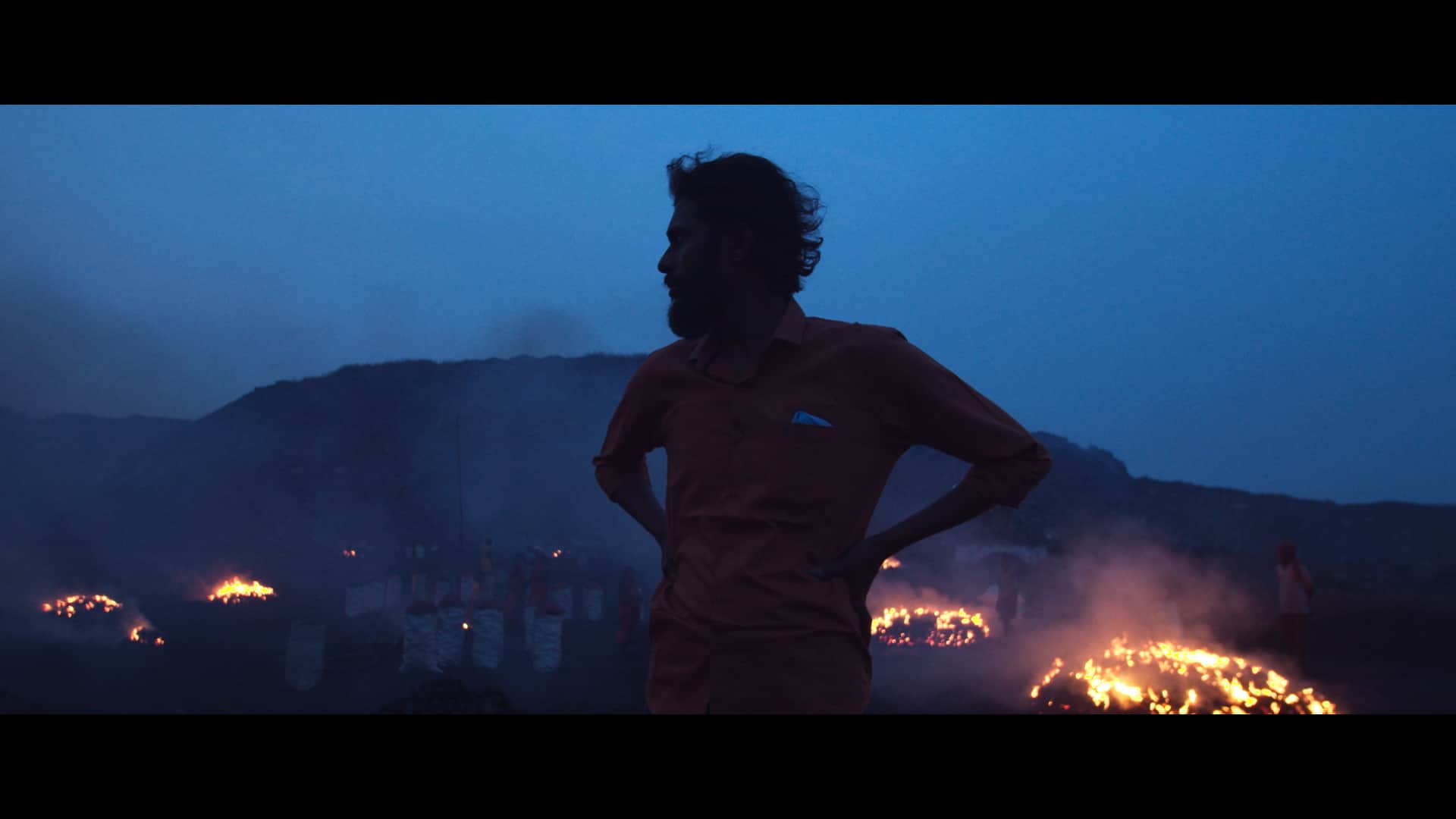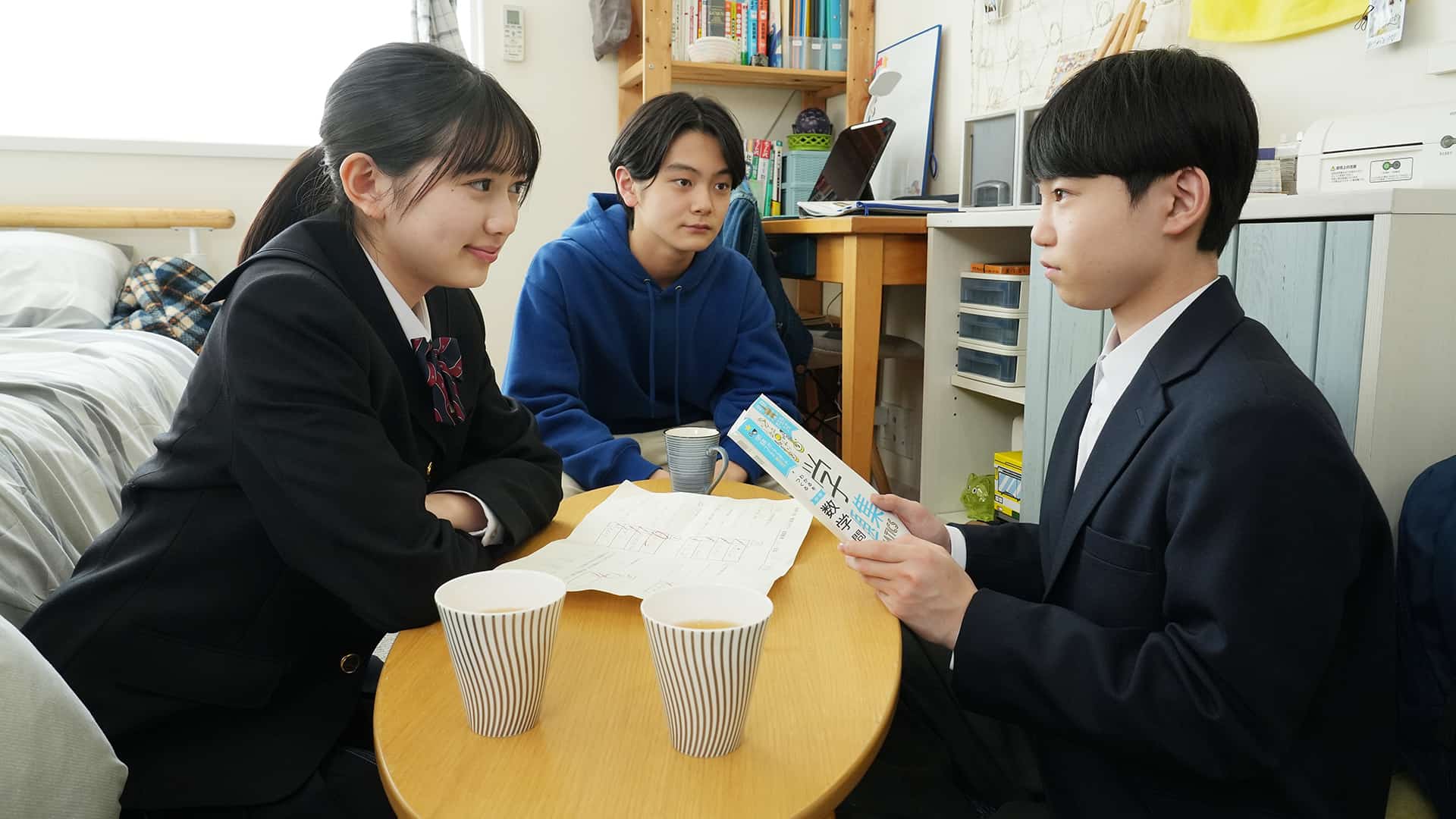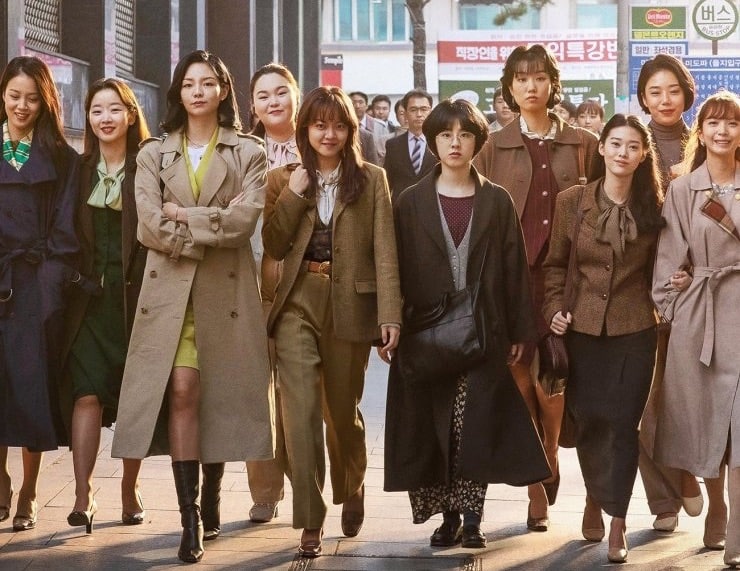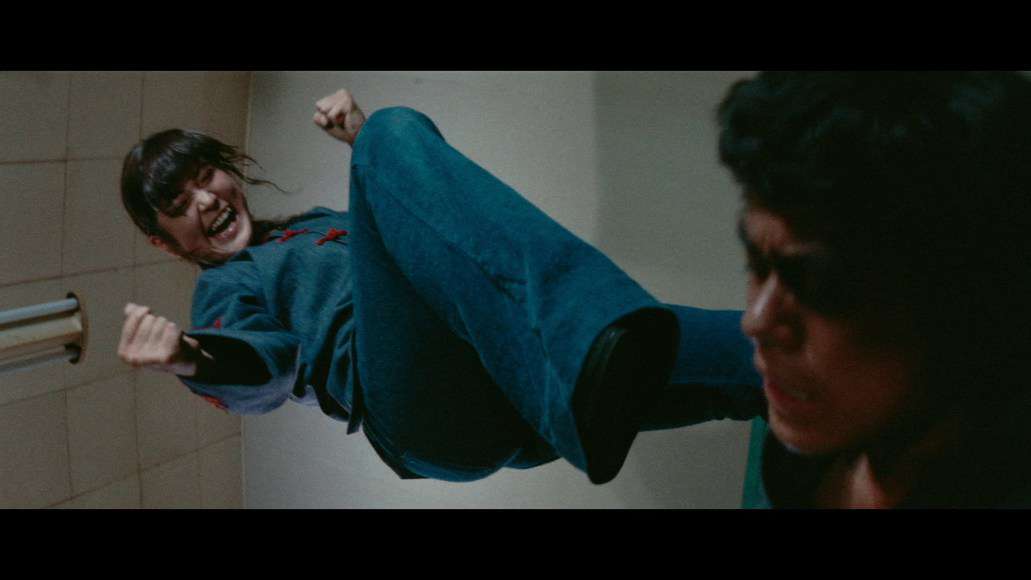You may think that “Captain Marvel” (2019) is an important contemporary film for females on screen, you may assume that Jacque Rivette pushed the boundaries for the portrayal of woman, but when you take a look at Marilou Diaz-Abaya's “Moral”, you may come to a different definition of feministic movies.
“Moral” is screening at the San Diego Asian Film Festival:

The debut film of the Philipino director about a “gang” of four female friends – a lawyer, a drug addict, a housewife, and an ambitious singer – is a landmark that celebrates womanhood and companionship.
Thanks to a digitally restored and remastered version released by ABS-CBN in 2017, “Moral” shines with bright 4K images upon the screen, giving it the much-needed attention that it deserves.
Joey, played by Lorna Tolentino (“Magnifico” 2003), is a promiscuous drug addict, who is unable to connect to her student activist lover. Sylvia, played by Sandy Andolong (“American Adobo” 2001), hooks up with her gay ex-husband. Gina Alajar (“The Debut” 2001) portrays Kathy, a mediocre singer who aims for the stars by selling her body to greedy managers. Maritess, played by Anna Marin (“Kuwatog” 1979) completes the group. She chooses a conservative lifestyle, marries a macho husband and gets pregnant every year. As best friends, they are struggling to get on with their lives, helping each other out and celebrating the small victories of the daily madness. The bonding of the sworn community of women is the main topic of “Moral” and portrays an authentic slice of life story.
A fearless director with fearless actresses, who present fearless women. The intertwining stories of the protagonists discuss important feminist topics relevant today, and more so, are a testimony of a shift of sexual and social morals happening in the Filipino film history. The milieu study tells a personal and ambitious plot, that does not spare hot topics such as abortion, prostitution, double standards in sexual behavior and the right to work. “Moral” also manages to comment on patriarchy, homosexuality, and political aspects like military violence and the encroachment of the state on the individual. As you can see, the film has a wide scope and director Marilou Diaz-Abaya uses a very open approach to storytelling and cinematography to convey that.
There is no burden of a dramatic payoff or resolution. “Moral” has a loose feeling to it. The director chooses a smooth and unexcited approach to narrate her movie, in which each actress is given her moment to shine. Because of that, the movie creates a lightness.
Although heavily based on long takes and a lot of dialogue, the more than two hours film maintains its freshness. I also liked the musical parts, performed by the actors, ranging from church songs to pop and folk songs, and underlining the respective atmosphere of the scene. All of this is the essence of what makes “Moral” a funny and heartbreaking film.


